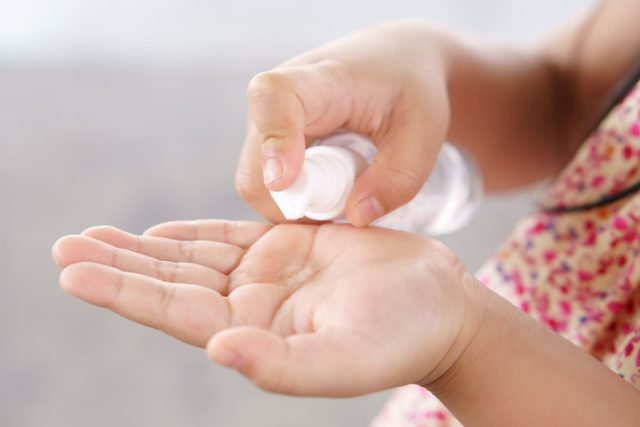SCP use associated with urinary phthalate/replacement metabolites among young children
By Elana Gotkine HealthDay Reporter
MONDAY, Sept. 9, 2024 (HealthDay News) — In young children, skin care product (SCP) use is associated with urinary phthalate/replacement metabolites, according to a study published online Sept. 4 in Environmental Health Perspectives.
Michael S. Bloom, Ph.D., from George Mason University in Fairfax, Virginia, and colleagues examined the associations between SCP use and children’s urinary phthalate/replacement metabolite concentrations. Children aged 4 to 8 years provided spot urines from 2017 to 2019, and mothers were queried about children’s SCP use in the previous 24 hours (906 children). Liquid chromatography-tandem mass spectrometry was used to determine the concentrations of 16 urinary phthalate/replacement metabolites (630 children). Children’s use of different SCPs was estimated as individual predictors of urinary phthalate/replacement metabolites.
The researchers observed associations for lotion use with a 1.17-fold increase in monobenzyl phthalate, and for oils, they found associations with 2.86-, 1.43-, and 1.40-fold increases in monoethyl phthalate, monobutyl phthalate (MBP), and low molecular weight phthalates, respectively. Associations were seen for use of two-in-one haircare products with 0.84- and 0.78-fold lesser mono(3-carboxypropyl) phthalate and MBP, respectively. Some of these associations were modified by a child’s race/ethnic identity. Four distinct SCP-use exposure scenarios were identified with self-organizing maps that predicted 1.09-, 1.31-, 1.13-, and 1.04-fold increases in monocarboxy isononyl phthalate, mono-2-ethyl-5-hydroxyhexyl terephthalate, monoethylhexyl phthalate, and diethylhexyl phthalate, respectively.
“The results can inform policies to address the use of endocrine-disrupting chemicals in skin care products that may be used on children and to help advise parents’ decisions about using products to limit their children’s exposure to potential developmental toxicants,” Bloom said in a statement.
Copyright © 2024 HealthDay. All rights reserved.



















